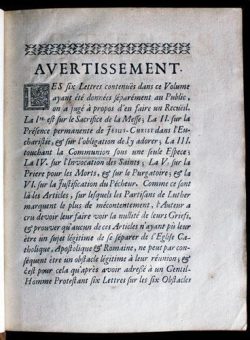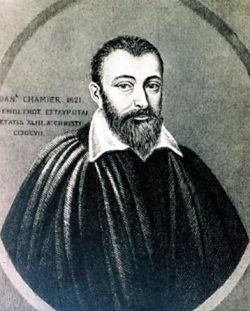The theological controversies
The seventeenth century was the period when Catholics and Protestants were involved in great arguments (“controversy”) with each other, both oral and written, obviously fuelled by the theologians.
Controversy and preaching
Catholics and Protestants fuelled controversies in their preaching. While on missions to recover Protestant territories, Catholic clerics (for instance Capuchin friars) launched the attack with criticism and ridicule of the “Allegedly Reformed Religion” (R.P.R). That way, they hoped they could keep the Catholics loyal and convert some Protestants.
Naturally, pastors responded in their preaching by supporting the Reformed views and denouncing the fallacies of the Roman Catholic Church.
The pastor in Charenton, Charles Drelincourt, wrote the “Advice on disputes”, referring, of course, to the disputes between Catholics and Protestants.
Controversy Literature
Some preaching was printed and published. Moreover, there was written material in which Catholics and Protestants refuted each other’s arguments. This plentiful literature dealing with the controversies was very successful : during the seventeenth century, until the Revocation of the Edict of Nantes, over 7,000 publications dealing with these controversies were released. The Catholic ones were published in the big cities : Paris, Lyon, Rouen, Bordeaux, Toulon.
Publication of this Reformed literature was only possible in towns where the Reformed cult was recognised and, thus, were not initially available in the major cities, e.g. in Paris. The Huguenot printers had settled in Sedan, Charenton, Saumur, and La Rochelle but there were also some in Geneva, Rotterdam and Amsterdam. Moreover, lawsuits against Protestant publications were always likely, which further hampered publication of Protestant literature.
The masters of controversy
In most cases, the Catholics led the attack. Some clerics, mostly Jesuits but also Capuchin friars and Franciscans, were involved. The most prodigious was the Jesuit, François Véron, who had been allowed by his order to dedicate himself to polemics. Bossuet also distinguished himself.
From 1669 onwards, after their rehabilitation, the Jansenists from Port-Royal entered the arena. Their fight against the “Allegedly Reformed Religion” (R.P.R) gave them the opportunity to witness to their Catholic orthodoxy. Arnaud and Nicole were the most important protagonists.
On the Protestant side, pastors and theology professors fought back. On the frontline there were several pastors from Charenton : Pierre du Moulin who was knowledgeable, artful and humorous, Jean Daillé, Jean Claude who became known for being involved in the dispute with Port-Royal. Jean Gigord from the Academy of Montpellier or Daniel Chamier from the Academy of Montauban could also be mentioned. Indeed, the whole Academy of Montauban was involved in the controversies. The regulations of the Academy stipulated that “the pastors must be taught doctrine and be given the tools to get involved in controversies”.
The controversial issues
The theme of grace and justification by faith, quite unexpectedly, was not controversial in the seventeenth century whereas it had been at the heart of debate in the sixteenth century. In the seventeenth century, the Church and the Eucharist came first, but more traditional issues such as church services, icons, purgatory, worship of the Virgin, relics were also debated.
In 1631, the decision of the National Synod to allow Lutherans who would like to, to take Communion, revived the dispute about the Eucharist. The Catholics used this union with the Lutherans to downplay the gap between Catholics and Protestants. Hence the answer from the pastor Jean Daillé : this agreement is a charitable act towards Lutherans and does not mean our doctrine is undergoing any changes.
Jansenists, and later Bossuet, pitted the “consistency” of the Catholic Church against the “variability” of the Churches born out of the Reformation. The pastor Jean Claude strove to prove that Catholic doctrine also changed : that, for example, the Fathers of the Church did not believe in transubstantiation, that it was a new doctrine which had been “made up” in the tenth century. He, then, defended the need for Reform in the face of the appalling state of the Church in the sixteenth century.
The dispute over the Eucharist and the Church masked the proximity of Charenton and Port-Royal on the issues of grace and predestination.
The outcome of the controversies
If the controversy was about converting people, it failed.
But it did cause internal changes. It helped each Church assert their respective identities by defining and legitimising their views.
The dispute also had unexpected consequences : a great development of the biblical and historical critical approach because the debates revolved mostly around the Bible, Tradition, and so around history. As they adopted the same methodology, those who fuelled the controversy ended up building an intellectual community that contributed to the shift in ideas at the end of the seventeenth century.
After the Revocation of the Edict of Nantes, the controversy entered a new era with the Protestants of the Refuge and in the Reformed Church, the pastor Pierre Jurieu and the philosopher Pierre Bayle standing out as the key figures.
Bibliography
- Articles
- DOMPNIER Bernard, "L’histoire des controverses à l’époque moderne, une histoire des passions chrétiennes", Bulletin de la SHPF, SHPF, Paris, 2002
Associated notes
-

The Edict of Nantes (1598)
This was Henri IV’s major achievement : the terms of this edict ensured the peaceful coexistence of Catholics and Protestants and brought a stop to all hostilities in France after 36 years... -
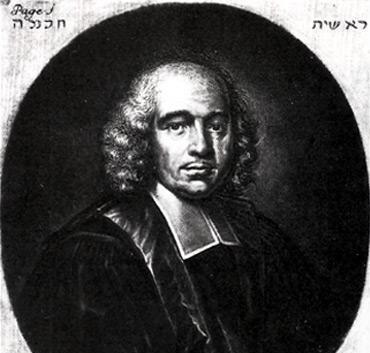
Pierre Jurieu (1637-1713)
Pierre Jurieu was a pastor of the “refuge” and defended the rights of the people in the kingdom of Louis XIV. -
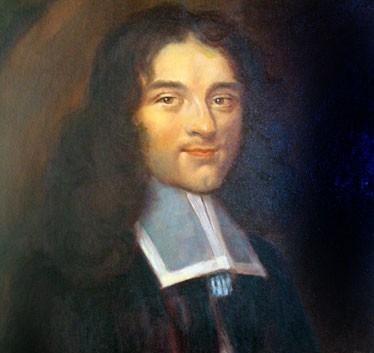
Pierre Bayle (1647-1706)
Pierre Bayle can be seen as a forerunner of the Age of Enlightenment because the concept of tolerance was of great importance to him and, a true scholar, he specialized... -
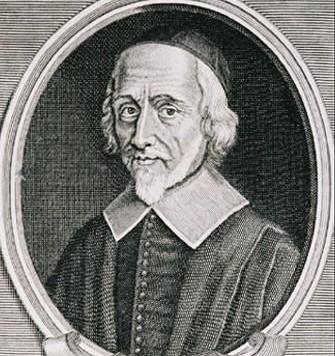
Pierre Du Moulin (1568-1658)
Pierre Du Moulin was a scholar and a well known orator, but he is probably mostly remembered today as the first pastor of the Charenton temple. -
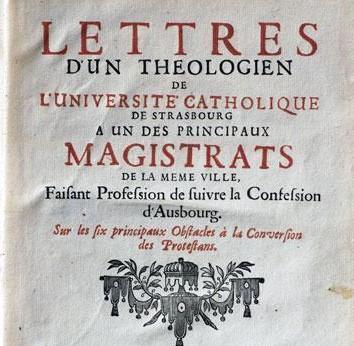
The Catholic re-conquest (1600-1660)
Due to the Trente Council, the Catholic Church gathered strength and launched a campaign of peaceful re-conquest meant to prevail over the Protestant “heresy”. It resorted to three different means :...

